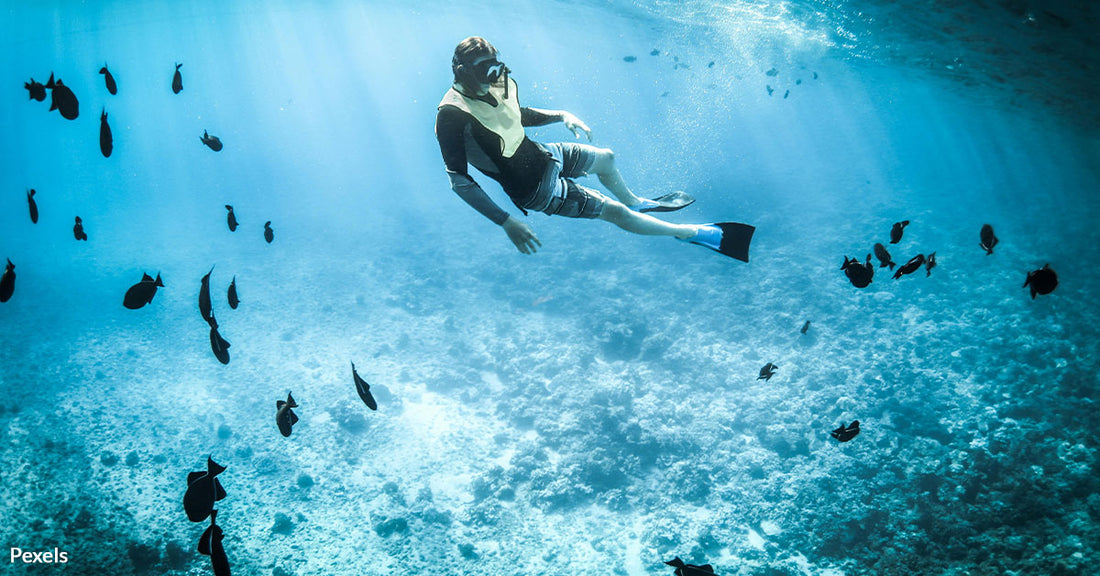Breaking Limits and Discovering Life — Historic 100 Day Underwater Mission Unveils New Species
Matthew Russell
In an audacious attempt to shatter the world record for the longest time living underwater, Dr. Joseph Dituri, a University of South Florida professor and former naval officer, embarked on a groundbreaking 100-day mission beneath the surface.
Located 30 feet below a Florida lagoon, Dituri's underwater habitat became both a home and a laboratory, where he would encounter more than the silence of the deep, reports the Independent.
 Photo: Pexels
Photo: PexelsDr. Joseph Dituri set out to break the world record for the longest time living underwater.
A Serendipitous Discovery
Approximately one month into his subaquatic sojourn, Dr. Dituri made an unexpected discovery—a new single-celled organism.
“We found a single-cell ciliate, a single-celled organism that we believe is a brand new species to science,” Dr. Dituri told The Independent via video chat. “People have dived in this area thousands and thousands of times – it’s been here, we just didn’t look.”
As microbiologists continue their studies to confirm its novelty, this discovery underscores the vast unexplored frontiers that lie just beneath our watery gaze.
 Photo: Pexels
Photo: PexelsDuring his stay, Dituri discovered what is believed to be a new single-celled organism.
Life Under Pressure
Living under such extreme conditions is not without its challenges and potential hazards. The intense underwater pressure, about 1.6 times that of the surface, could lead to significant physiological changes. Dr. Dituri underwent regular monitoring, with frequent checks on his physical and mental health. These included everything from blood tests sent to the surface to psychological evaluations, Good reports.
The impact of this pressure was profound, potentially affecting his height, bone density, and even cellular aging processes.
 Photo: Pexels
Photo: PexelsThis potential new species was found approximately one month into his underwater mission.
The Scientific Rationale
The primary purpose of Dr. Dituri's underwater residence was to explore how prolonged exposure to high pressure could influence human physiology. His research focused on understanding how this environment could aid in the development of therapies for delivering oxygen to the human body under similar conditions, reports NDTV.
"We know for sure that when you’re exposed to about half the pressure that I am right now, you double the number of circulating stem cells," Dr. Dituri explained, hinting at the potential for groundbreaking medical advancements from his findings.
https://youtu.be/nrOBZl9bNyw
Conclusions Drawn from the Deep
As Dr. Dituri's mission nears its completion, with the promise of setting a new world record and perhaps uncovering further scientific discoveries, the implications of his work extend beyond mere records. The data collected could offer insights into future space travel, deep-sea dives, and even medical therapies for conditions experienced on the surface, Unilad reports.
Despite the personal risks, the drive to push human limits and expand our knowledge remains clear.
As we await the final results of his long-term exposure analysis and the confirmation of the new species, the scientific community watches eagerly. This endeavor not only challenges our understanding of human endurance but also peels back the curtain on the hidden complexities of life beneath the waves.

